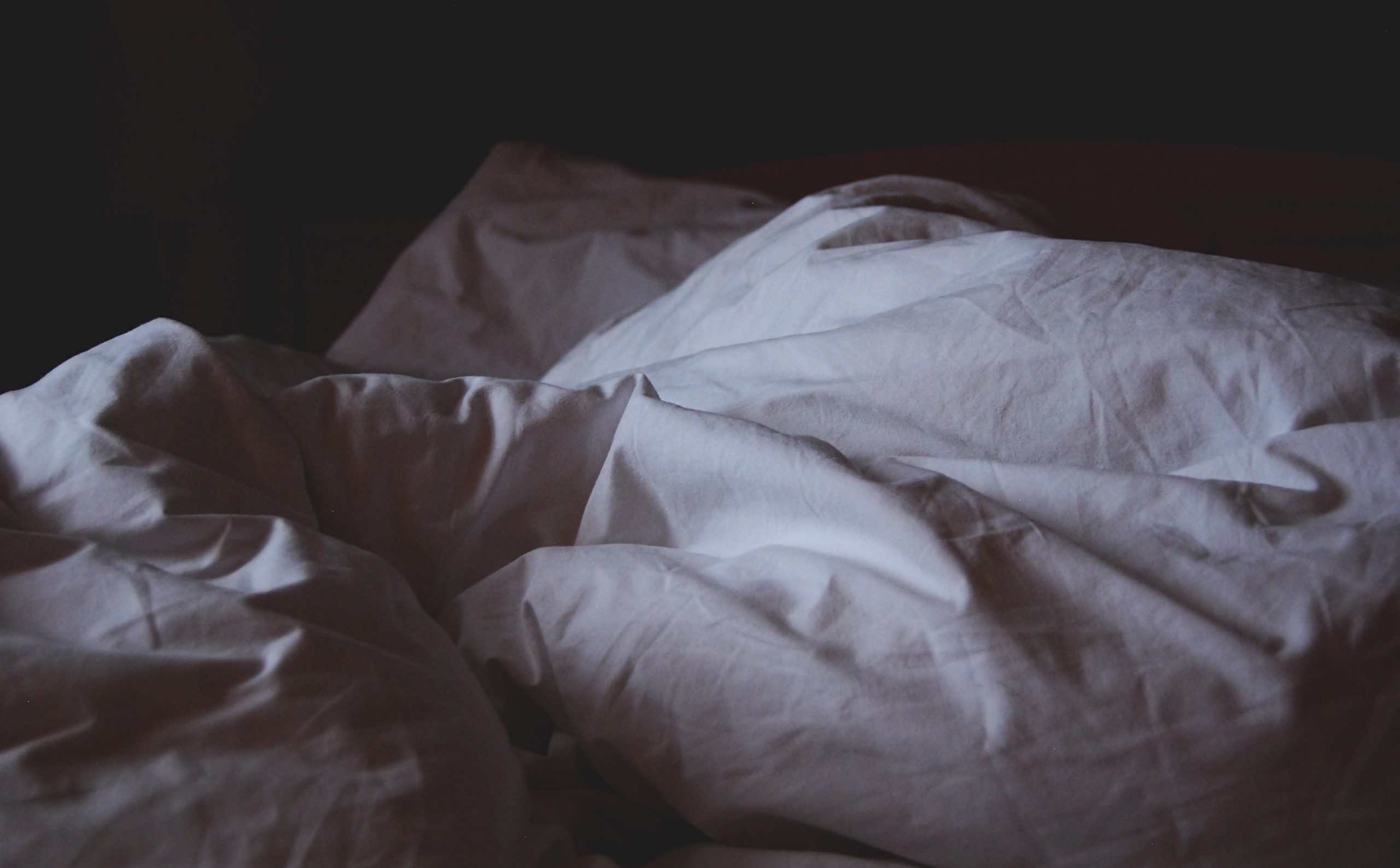
Life&Style Writer Aliya Andrews advocates for bed rotting as a tool for reducing and managing stress
Have you ever taken a five-minute break from work to lie in bed, only to find yourself still lying there a few hours later? Do you ever look forward to the weekend just so that you can spend your Saturday curled up under the covers? If so, then you may be familiar with ‘bed rot’: the recreational practice that is sweeping across social media platforms. The phenomenon of ‘bed rotting’ has been popularised by Gen Z, but is it self-care or is it self-sabotage? The answer might be both, but I believe that it can be a healthy and beneficial way to promote well-being and prevent burnout.
“the idle activity appears to have captured our interest
Bed rotting involves spending a lengthy amount of time lying in bed, engaging in low-effort relaxation activities. With over 130 million views on TikTok, the idle activity appears to have captured our interest as the newest relatable trend. It certainly seems that the days when beds were reserved for sleeping are behind us. Whether it be listening to music, scrolling through TikTok, or simply lying in the quiet, our beds are our go-to refuge to undertake our favourite leisure activities. Particularly after a busy day of lectures, there might be no better reward than a few hours snuggled in bed.
Although the fad of ‘bed rotting’ has only recently gained attention online amongst members of Gen Z, the practice spans generations. We can see similarities between bed rotting and popular traditions such as ‘duvet days’ and ‘pyjama days’. Clearly, bed rotting is a pastime that many people enjoy, and not just for the sake of following the latest TikTok trends. So, what keeps drawing us back from the swift current of our lives into the steady comfort of our blankets?
“Reducing burnout is important to prevent unwelcome consequences, such as disengagement with work and plummets in productivity
I believe that bed rotting is an effective method of reducing burnout. Burnout is a state of physical and mental exhaustion, experienced by people who undergo long-term stress. Anyone working in a high-pressure environment is susceptible to burnout, especially University students managing heavy workloads. Reducing burnout is important to prevent unwelcome consequences, such as disengagement with work and plummets in productivity. Studies show that engaging in low-effort leisure activities can effectively reduce burnout, as they allow us to recharge both our mental and physical energies. It is essential that we enjoy these activities in a relaxed environment, away from work-related projects and stress. And what place better represents relaxation and rejuvenation than our beds?
With this information in mind, it seems that bed rotting is the self-care technique that we should all be implementing into our routines. Arguably, a few hours of bed rotting can cause a surge in motivation and productivity. From experience, I have often found myself becoming frustrated by an assignment, to the point that I lose motivation for it. However, after taking a break to curl up in bed with some snacks and a film, I come back to the task with a clearer head.
“when things are overwhelming, our beds can provide the perfect environment to step back, slow down, and de-stress
Bed rotting can be a great tool for coping with general stress and anxiety. Sometimes when things are overwhelming, our beds can provide the perfect environment to step back, slow down, and de-stress. A few extra hours in bed, peacefully pursuing our hobbies, can give us the right frame of mind to tackle any worries. Normalising and encouraging practices like bed rotting may help us adjust our views towards relaxation and self-care. It can be easy to label such practices as ‘lazy’ or ‘pointless’, but this ignores the benefits that they can have for protecting our mental health.
Despite its advantages, some have argued that ‘bed rotting’ poses physical and mental health risks. Spending excessive periods of time in bed, such as entire days, can reduce our opportunities to partake in other valuable activities. It is important that we make room for other self-care practices which alleviate stress, such as exercising and socialising. Bed rotting itself can exacerbate issues with depression and anxiety if the practice takes over one’s life. Moderation is key when it comes to any self-care practice. After all, you should never have too much of a good thing.
Bed-rotting can also negatively impact our sleep schedules. An evening spent scrolling on social media in our beds can quickly spiral into a 3am deep-dive into the Internet. In light of this, I think that we should limit our bed rotting episodes to the daytime.
Overall, I believe that bed rotting is a valuable and beneficial pursuit. Detaching ourselves from our desks to spend a few languid hours in bed can effectively reduce burnout, and otherwise do wonders for our mental health. We just have to bear in mind that the world does extend beyond the foot of our beds.
Read more like this from Life&Style here:
Comments